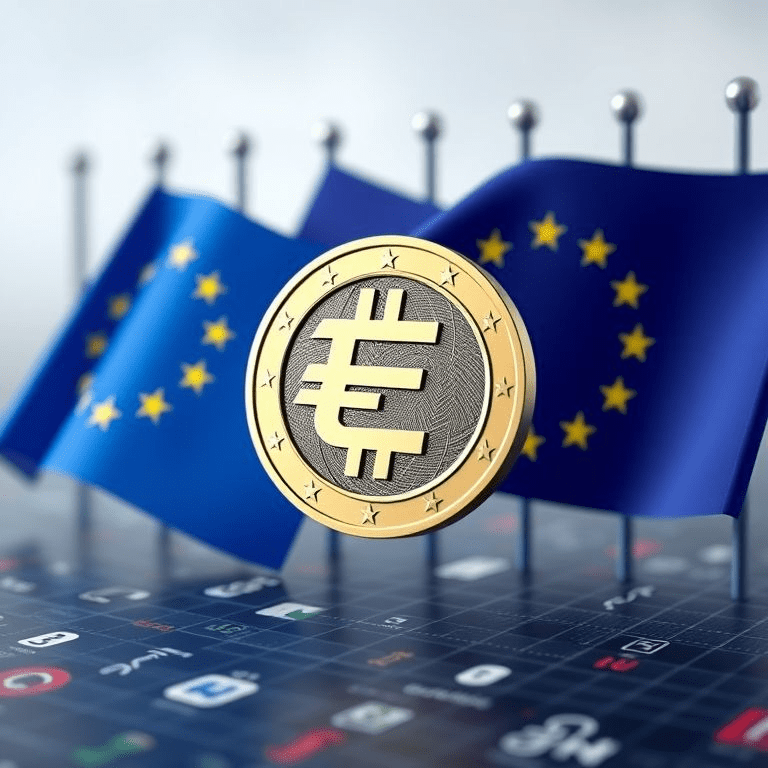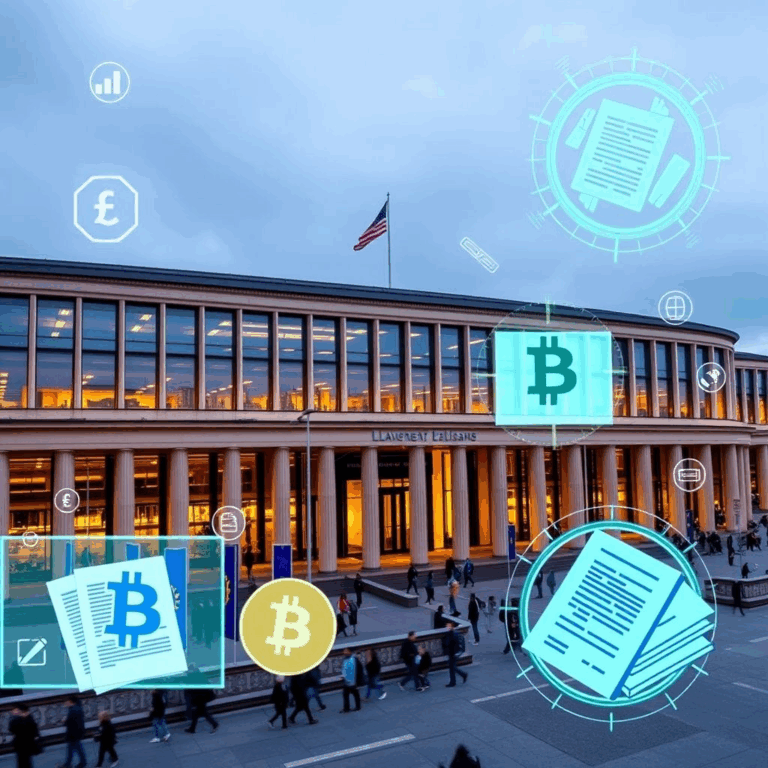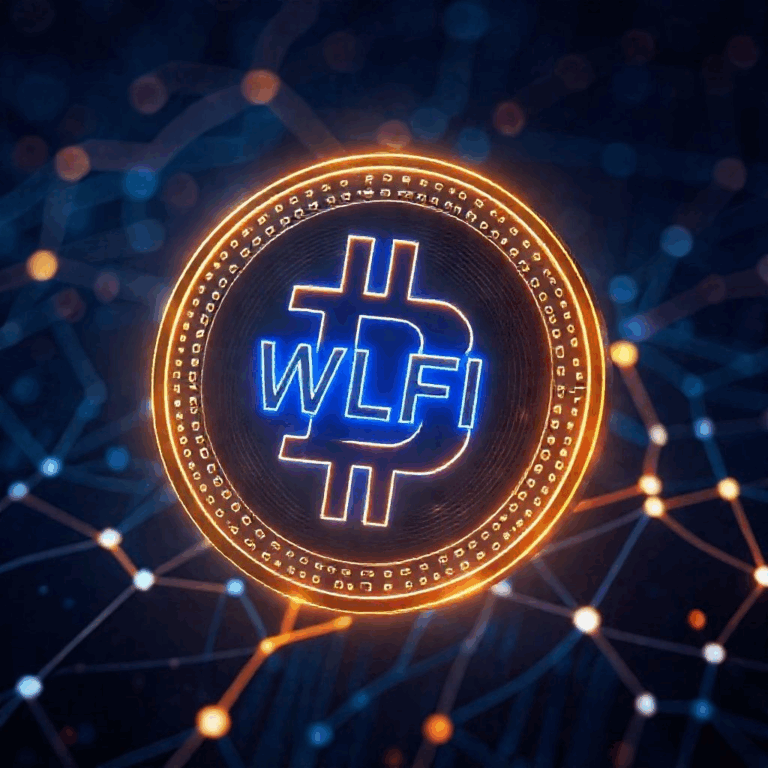Introduction
In a groundbreaking move that blends blockchain technology with luxury property, UAE-based developer RAK Properties has announced a partnership with fintech platform Hubpay to accept cryptocurrency for property purchases. The initiative is seen as a pivotal step in legitimizing crypto real-estate payments, offering international investors the ability to buy prime beachfront properties in Ras Al Khaimah with Bitcoin, Ethereum, and other digital assets.
Why Real Estate and Crypto Are Converging
The convergence of real estate and digital assets has been growing globally for several reasons:
- Cross-border demand: International buyers face high friction in moving funds; crypto simplifies settlement.
- Tech-savvy investors: Wealthy crypto holders seek tangible assets to diversify portfolios.
- Brand differentiation: Developers marketing to younger, digital-first demographics gain a competitive edge.
- UAE positioning: The Gulf region aims to be a hub for blockchain innovation, with Dubai and Abu Dhabi already allowing tokenized securities and blockchain-based trade finance.
The RAK Properties–Hubpay Partnership
- RAK Properties will integrate Hubpay’s payment solution to accept digital currencies for property transactions in its Mina Al Arab beachfront community.
- The move is aligned with Ras Al Khaimah’s Vision 2030 strategy, aimed at boosting foreign investment and diversifying the emirate’s economy.
- The partnership highlights the UAE’s willingness to push regulatory boundaries to stay competitive in global real estate and fintech.
Benefits of Crypto Real-Estate Payments
- Seamless Cross-Border Transactions
Traditional real estate deals require complex international wire transfers, often subject to delays and high fees. Crypto enables near-instant settlement. - Access for Underbanked Investors
Global investors without reliable access to international banking can directly purchase property using crypto wallets. - Marketing Advantage
By accepting crypto, RAK Properties signals modernity and appeals to high-net-worth individuals from markets like Asia, Europe, and North America. - Portfolio Diversification for Crypto Holders
Investors with significant digital assets can convert volatile tokens into physical, income-generating property.
Challenges and Risks
- Volatility
Property prices are denominated in dirhams (AED). Payment in Bitcoin or Ethereum introduces volatility risk unless instantly converted. - Regulatory Oversight
Anti-money laundering (AML) and know-your-customer (KYC) rules must be enforced rigorously to avoid misuse. - Tax and Accounting
Buyers may face capital gains obligations on crypto disposals. Developers must also navigate accounting complexities of accepting crypto. - Liquidity Management
Developers like RAK Properties are unlikely to hold crypto long term; instead, they will rely on partners like Hubpay to convert instantly to fiat.
Global Comparisons
- Dubai: Already home to multiple developers accepting Bitcoin for luxury property sales.
- Miami: Several real estate firms allow crypto purchases in high-end apartments.
- Portugal & Spain: Growing trend of tokenized property deals.
RAK’s initiative signals Ras Al Khaimah’s determination to compete with Dubai and Abu Dhabi in attracting crypto-wealthy investors.
Industry Reactions
- Real Estate Analysts: Applaud the move as forward-looking but stress the importance of legal safeguards.
- Crypto Enthusiasts: See this as validation that digital assets are moving into mainstream asset classes.
- Skeptics: Warn against over-reliance on crypto buyers, citing volatility and speculative risks.
Economic and Social Impact
- Could bring new inflows of global capital into the Ras Al Khaimah real estate market.
- Might accelerate property appreciation in luxury segments.
- Could generate new financial services jobs, as fintech and legal firms expand to support crypto-real estate deals.
Future Outlook
- Expect more developers across the UAE to follow suit if the experiment proves successful.
- Potential emergence of tokenized property titles on blockchain, reducing reliance on traditional registries.
- Development of crypto-mortgage products, allowing buyers to borrow against crypto holdings to finance real estate.
- Possible push for a unified regulatory framework across UAE emirates for crypto property transactions.







